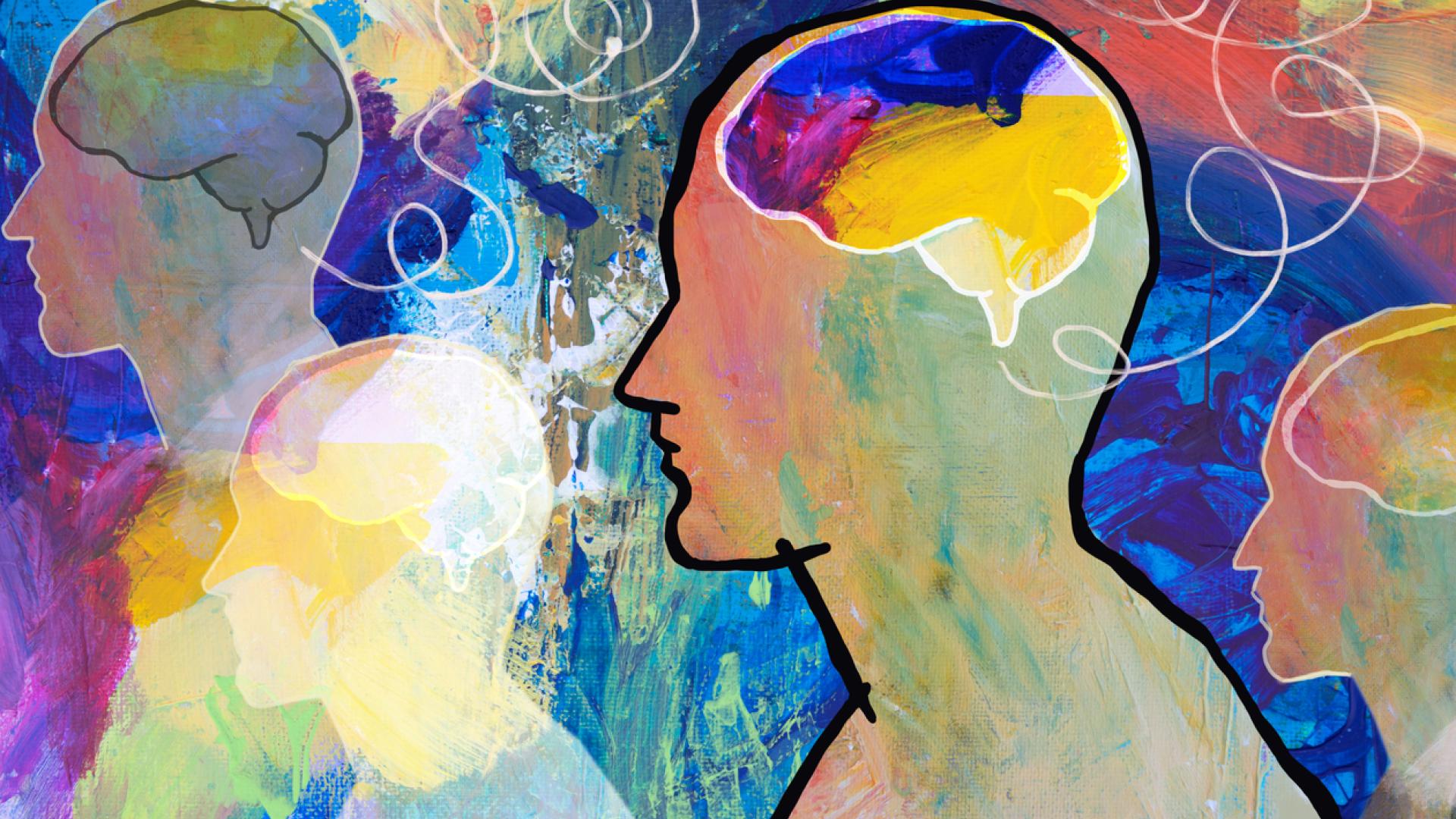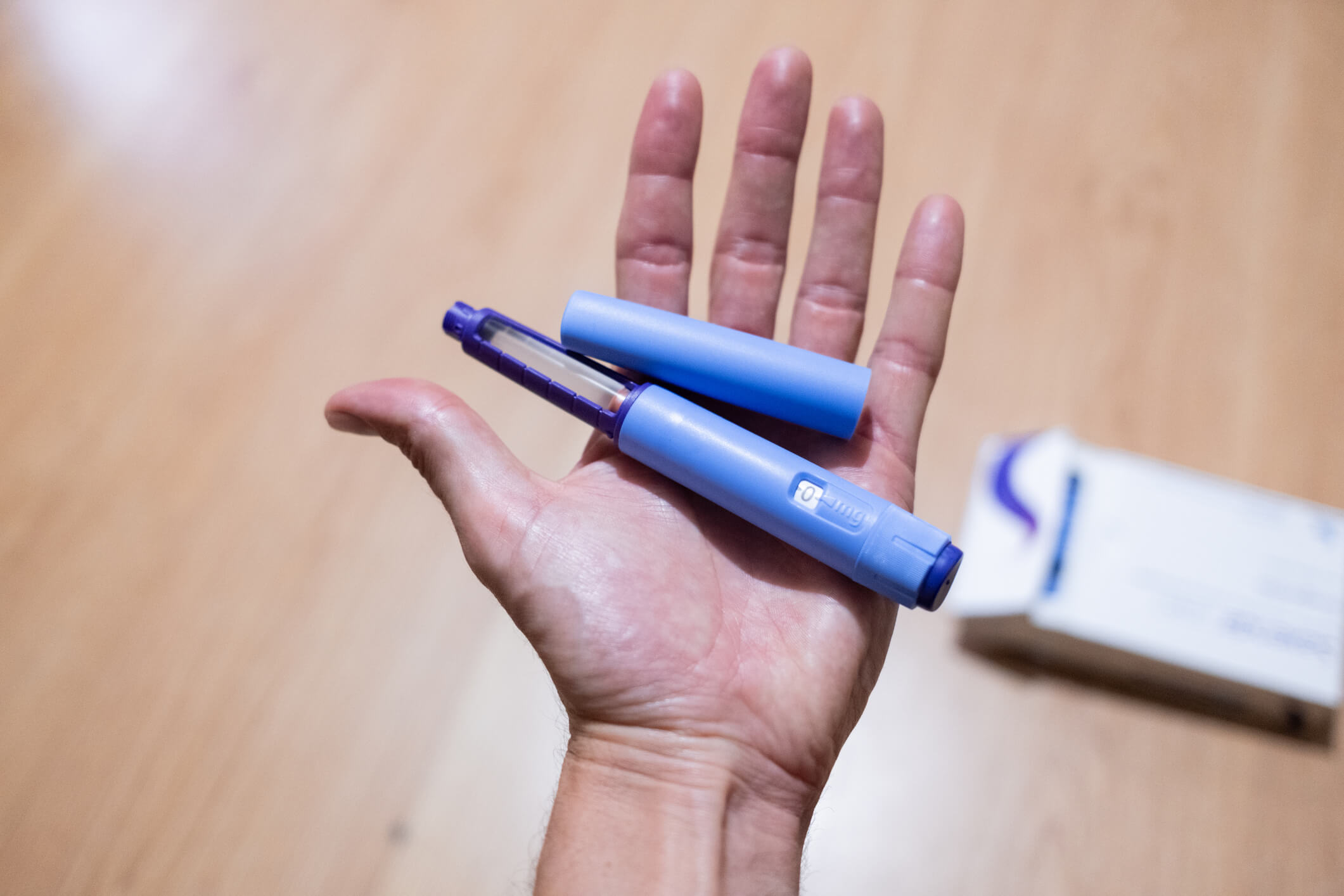
Many people ask, “What is dementia?” This article clearly defines the term, and discusses some of the symptoms of dementia that can be caused by a wide variety of conditions.
Alan, a 59-year-old former intravenous drug abuser, was diagnosed with dementia when his reduced motivation and impaired judgment made it impossible for him to live independently.
Martha, an 82-year-old woman in apparently good physical health, was diagnosed with dementia when her short-term memory loss made independent living unsafe.
Bert, a 63-year-old man, was diagnosed with dementia when his increasingly erratic and impulsive behavior and difficulty understanding simple language made it impossible for him to continue in his profession.
Mary, a 72-year-old woman, was diagnosed with dementia after a significant stroke when her family saw that she was no longer able to understand her bank accounts or manage her bills.
Bill, a 43-year-old man who survived a drowning accident with prolonged unconsciousness, was diagnosed with dementia associated with impaired recall and a diminished ability to reason and solve problems, called executive function.
Each of these people* were said to have dementia, but there were important differences between them. They all had taken a different pathway to dementia, but they shared the essential cause that underlies dementia: destruction of brain tissue and disruption of cognitive functioning.
*Names and stories are composite rather than individual patients’ stories.
Dementia Defined
Dementia is a syndrome, not a specific disease. This means that the clinical features of dementia, which is now called major neurocognitive disorder, can result from any one of a large group of injuries, infections, or diseases. The symptoms of dementia can include one or more from a list that includes memory failure, diminished ability to keep multiple tasks in mind simultaneously and divide attention between them, problems with language comprehension or expression, trouble understanding spatial orientation, impaired executive function, and inaccurate decoding of others’ nonverbal cues.
There are Many Causes of Dementia
Any of these symptoms can be caused in multiple ways. Alan, for example, was found to suffer from cognitive impairment related to his HIV infection; Martha had Alzheimer’s disease interfering with her short-term memory and comprehension. Bert, after his diagnostic work up, was recognized to have frontotemporal dementia leading to difficulty controlling behavior and aphasia (the inability to understand or express speech). Mary had vascular cognitive impairment following her stroke. Bill had suffered brain damage due to oxygen deprivation during his drowning. Each was considered to have dementia, yet the differences between them were huge. In each case, however, an injury or disease process was responsible for destruction of brain cells.
Causes of dementia may include:
- Alzheimer’s disease
- Vascular cognitive impairment
- Dementia with Lewy bodies
- Frontotemporal dementia
- Parkinson’s disease
- Huntington’s disease
- HIV
- Traumatic brain injury
Brain Cell Damage
Brain damage can be diffuse (spread out over a large area) or localized, and whether the damage is diffuse or local can affect how it is expressed clinically.
- Toxic or metabolic disorders can have very extensive damaging effects related to widespread destruction throughout the brain.
- “Neurodegenerative disorders,” the largest and most important category of brain-damaging disorders that harm memory during the later years, tend to begin by damaging specific brain systems, then later spread more diffusely. Alzheimer’s disease is the most important one of these, although a recent imaging study teaches us that almost a third of those we believe clinically to have Alzheimer’s disease may suffer from one of the other dementia-causing conditions.
- Parkinson’s disease at first attacks a region of the brain that controls the coordination of muscle movements, but later affects cognition and mood in many patients.
- Infections tend to exert widespread effects.
- Cerebrovascular disease can damage the brain by destroying tiny regions distributed throughout the brain.
- More localized effects from cerebrovascular disease occur when a precisely located stroke damages an area of the brain critical for specific cognitive abilities.
Small and precisely located strokes in very specific temporal and parietal regions of the brain, for example, can knock out the ability to form words successfully, or to comprehend what others are saying.
Cognitive damage can also occur from head injuries that are localized, such as a bullet wound.
Summary
Although some dementias may be impossible to prevent, progress has been made in identifying brain-healthy lifestyle factors that can delay brain cell destruction related to cerebrovascular disease and Alzheimer’s disease among other dementia-producing disorders. Helmet use and other monitoring advances and safety precautions are important tools for preventing brain injury associated with falls, motor vehicles, and sports. Attention to disease management, nutrition, physical activity, social interaction, stress reduction, and adequate restorative sleep are additional steps we can all take to keep our aging brains resilient and disease-resistant.
About BrightFocus Foundation
BrightFocus Foundation is a premier global nonprofit funder of research to defeat Alzheimer’s, macular degeneration, and glaucoma. Since its inception more than 50 years ago, BrightFocus and its flagship research programs—Alzheimer’s Disease Research, Macular Degeneration Research, and National Glaucoma Research—has awarded more than $300 million in research grants to scientists around the world, catalyzing thousands of scientific breakthroughs, life-enhancing treatments, and diagnostic tools. We also share the latest research findings, expert information, and resources to empower the millions impacted by these devastating diseases. Learn more at brightfocus.org.
Disclaimer: The information provided here is a public service of BrightFocus Foundation and is not intended to constitute medical advice. Please consult your physician for personalized medical, dietary, and/or exercise advice. Any medications or supplements should only be taken under medical supervision. BrightFocus Foundation does not endorse any medical products or therapies.
- Brain Health
- Lifestyle








